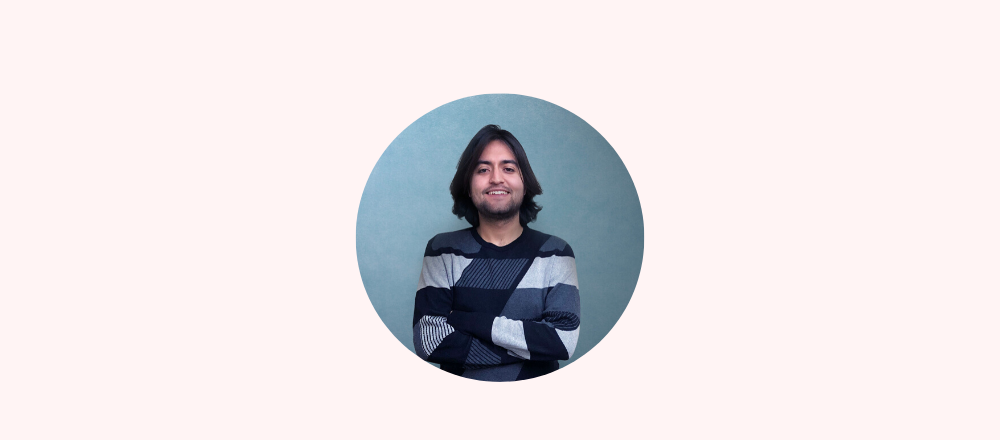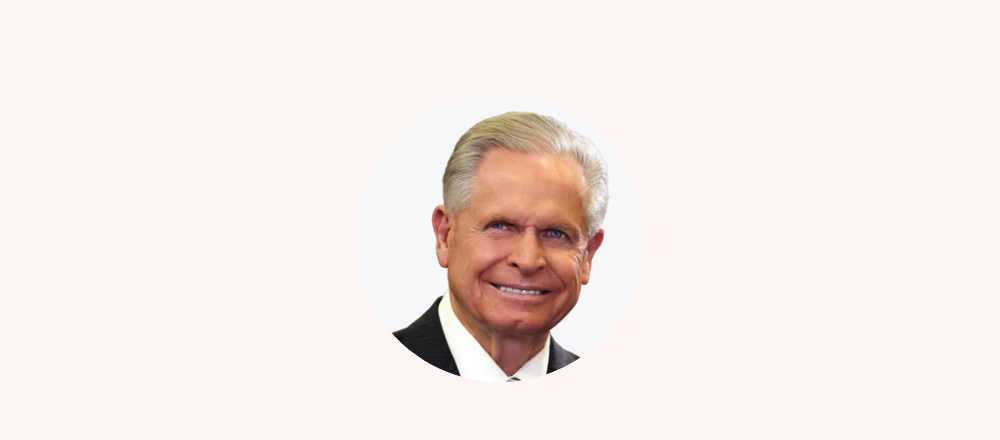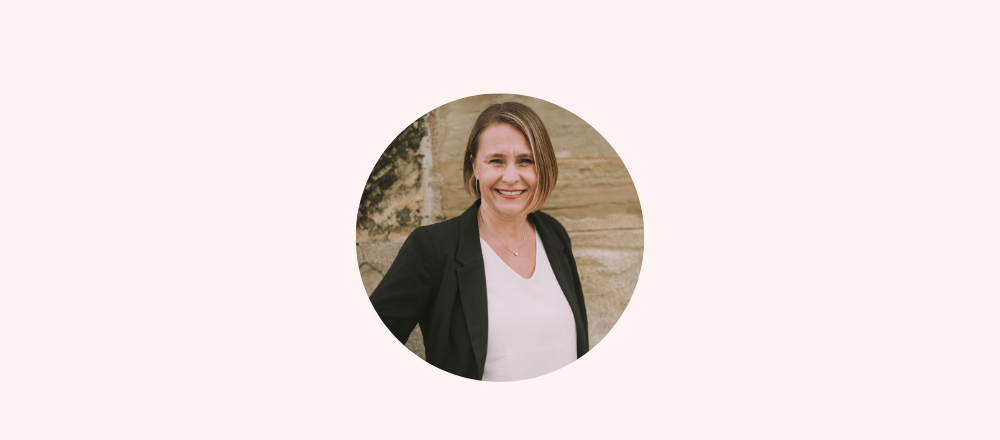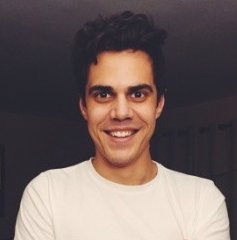Dr. Arthur M. Langer is the Chairman and Founder of Workforce Opportunity Services (WOS).
WOS is committed to developing the skills of untapped talent from underserved and veteran communities through partnerships with organizations devoted to diversifying their workforce. A first-generation college graduate, Dr. Langer is also a Professor of Professional Practices, Director of the Center for Technology Management, and Academic Director of the M.S. in Technology Management programs at Columbia University.
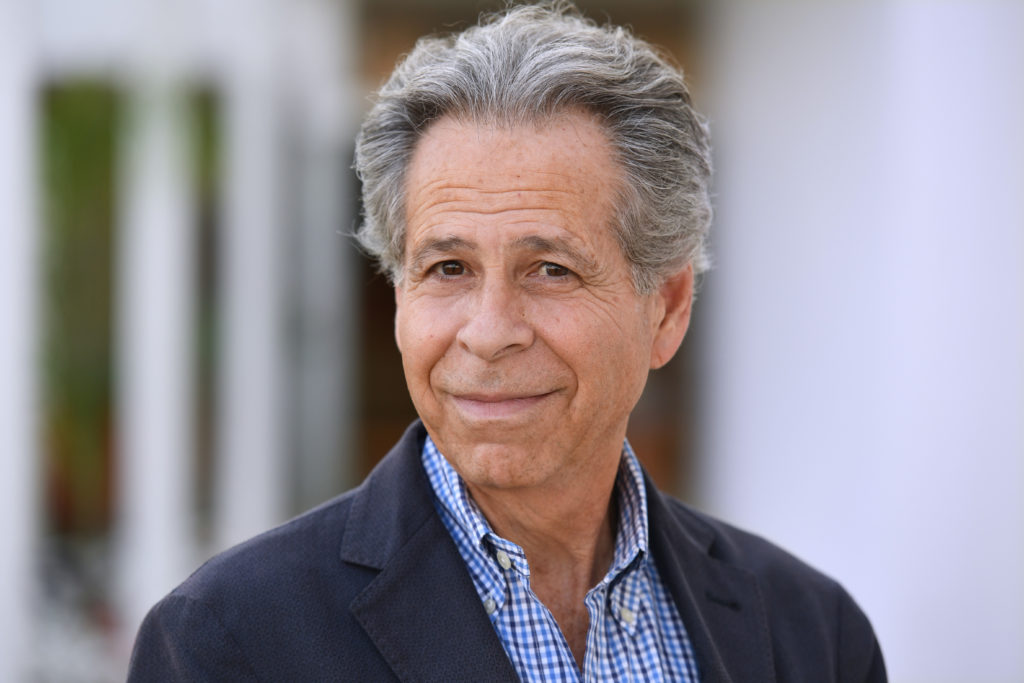
Q: What would you like to see your team accomplish in 2019?
To help more companies solve their talent shortages through the sourcing and development of talent pools right in their backyard. The more programs we do, the more people we can help open the door for.
Q: Who is your role model or hero?
Mr. Ness. He gave art lessons at his furniture store in the Bronx, where I was one of several students. He saw my potential and encouraged me to create a portfolio. He advised me on how to put it together, even offering me a scholarship if I would apply to the High School of Music and Art or the High School of Art and Design. He believed in me, which gave me the self-assurance to believe in myself. I got into both schools and went to the High School of Music and Art, and my life took off from there. For Mr. Ness, there was nothing in it for him other than his dedication to being a teacher. His influence and legacy lives on at Workforce Opportunity Services (WOS), the nonprofit I founded. It’s because of him, mentorship is an integral part of the WOS model, and his positive and integral influence on my life makes him my role model.
Q: What is your favorite book?
The Once and Future King, which is the story of King Arthur. He wanted to create something that no one else was able to. It teaches a lesson on how to have the courage to take on challenges that no one had ever faced before while remaining morally sound. With his round table, no one person would have all the power, and everything would be fair.
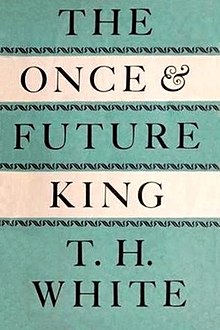
Q: Do you use any specific method or system to run daily operations?
I organize each day at WOS into three sections: executive tasks, workforce issues, and day-to-day operations. It keeps my work organized and increases my productivity. Executive tasks usually include strengthening relationships with C-Suites, who are looking to diversify their workforce. Workforce issues include focusing on shortages of talent and lack of diversity at corporations. Day-to-day operations include engaging with WOS leaders who are working directly with underserved communities and veterans.
Q: Why did you choose your present industry at this time?
In the early 2000s, a student I taught at Columbia University who worked at the Department of Housing and Urban Development (HUD) suggested offering a free class for residents of Harlem that would help them secure jobs. The first class brought together 50 people who we taught for five years. Through this experience, we learned that the people of underserved communities had the raw talent and desire to succeed, but they needed support such as childcare and transportation to access and maintain well-paying jobs. This is how WOS took shape; in helping communities combat systemic issues surrounding employment and training opportunities. Since 2005, WOS has served over 5,500 individuals, providing job readiness training or through customized programs that recruit, train, and place individuals in roles as our 70+ corporate partners.
Q: What is the best/worst moment you can remember in your career?
Worst: Most people are taught to never give up, but in business, you have to know when changing your direction is the best choice for your overall growth and success. I was running a business in healthcare whose product was not succeeding in the changing market. As much as I was passionate about the idea, I had to give up the equity because the business would fail if it had stayed on the same path.
Q: Looking back – if you could advise a younger version of yourself to do something different – what would it be?
I would tell him to be more flexible and open to change. Many times in my career I have learned that things don’t always go the way you plan. WOS played out vastly different than the way I had originally planned. The goal is still the same, but the way we achieve that goal changes with our changing circumstances.
